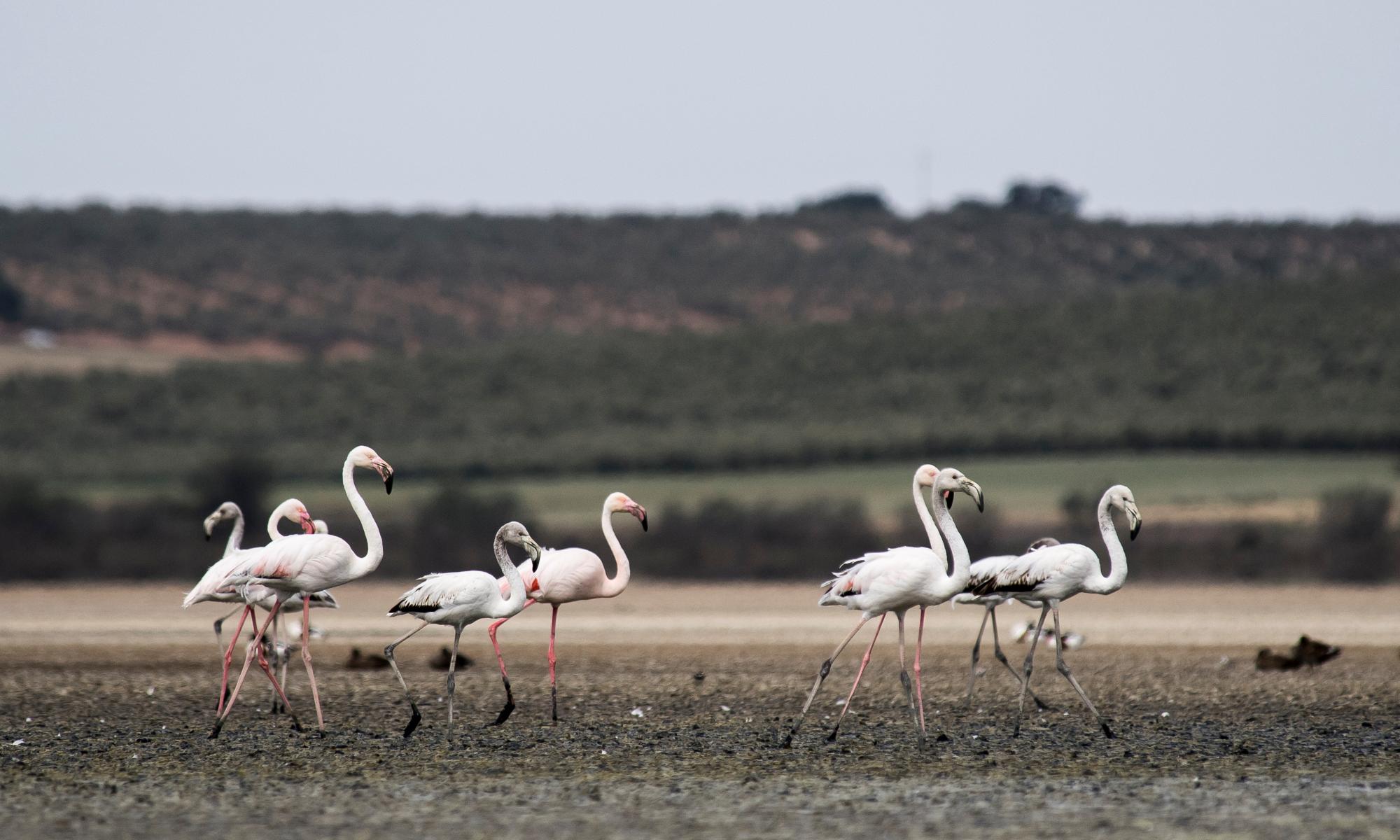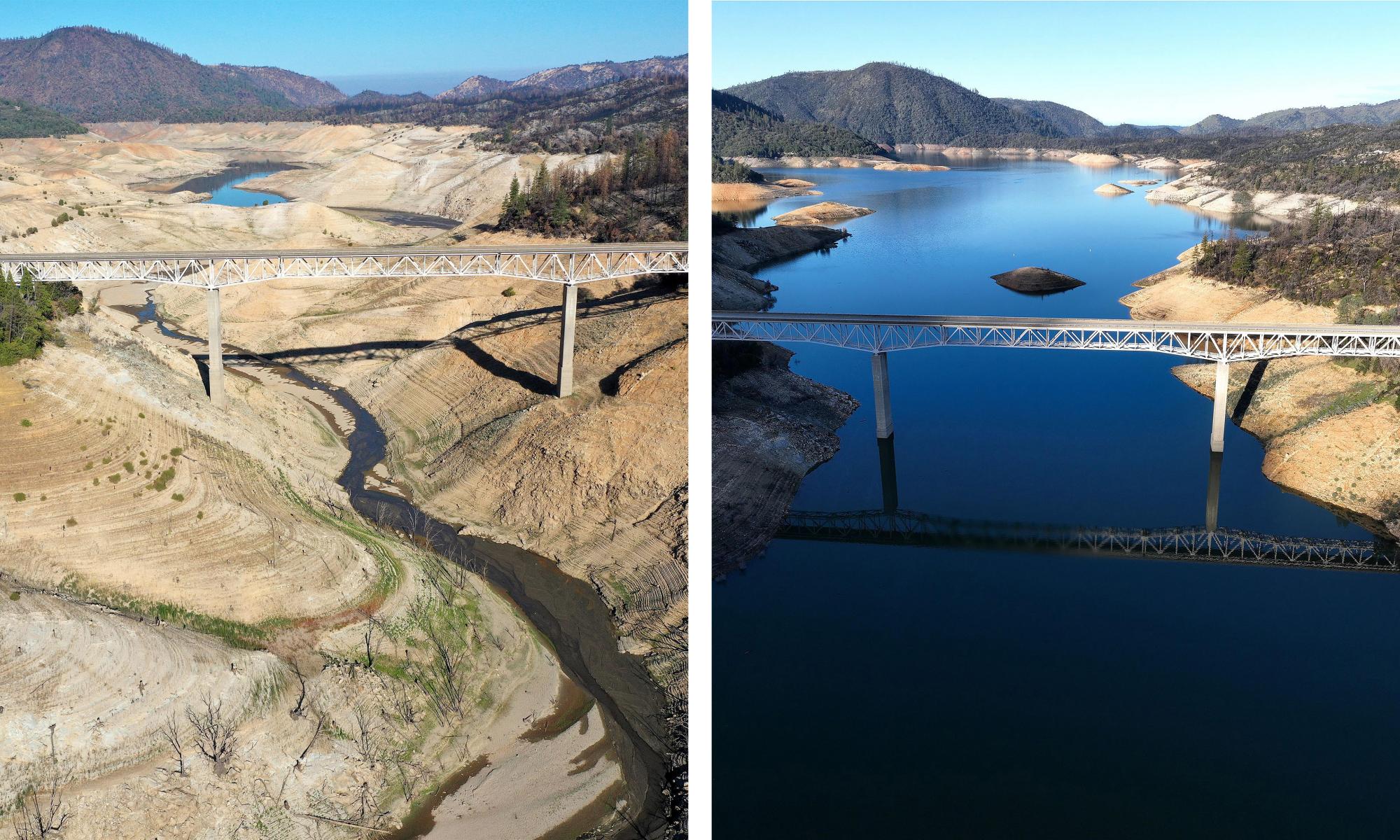The Australian Conservation Foundation is calling on the federal government to cap lucrative fuel tax credits for big business, with the $4.5bn annual saving to be redirected to rural and regional renewal in the wake of the summer bushfire crisis.
The environment group’s pre-budget submission argues that reform of the fuel rebate – forecast to cost $34bn over the forward estimates – is urgently needed given the scale of devastation caused by the fires, which have seen more than 18 million hectares of land burned across the country.
Under the proposal put forward by the group, the subsidy would be phased down to an annual cap of $20,000 to ensure that small claimants were not disadvantaged, with the move aimed at the mining sector, which currently receives nearly half of the credits claimed.
“It is not ACF’s intention to disadvantage users of the scheme that make small claims, such as farmers [and] this cap would ensure most industries – including the vast majority of claimants from the agriculture and tourism industries – are able to continue to receive credits as they do now,” the ACF submission says.
Based on figures from the 2019-20 budget, the $20,000 cap would save an estimated $18.7bn over the forward estimates period, reducing the annual amount from between about $8bn and $9bn a year to between $3bn and $4bn a year.
Before the 2018 budget, an alliance of powerful lobby groups joined forces to argue against any winding back of the tax break, including the National Farmers Federation, the Minerals Council of Australia, and the Australian Petroleum Production and Exploration Association.
The Coalition under Tony Abbott considered winding back the tax excise rebate, but faced pushback from the mining and agriculture sectors and Nationals MPs.
But the ACF says the ongoing taxpayer support for the use of diesel fuel “constitutes a barrier to innovation” and is also putting public money into heating the climate, which is making bushfires and other natural disasters worse.
Environment groups and the Greens have long argued for abolition of the tax rebate which allows businesses to claim back a tax credit for the cost of the excise paid on various fuels, including up to 40.1 cents a litre for liquid fuels such as diesel.
The argument for establishing the rebate, which has been in place since 2006, is that companies buying diesel fuel for off-road vehicles should not have to pay taxes for the funding of roads.
The ACF says that by diverting $4.5bn a year to rural and regional community renewal, the government can begin to fix the damage to the natural assets that many communities rely upon and to rebuild their capacity to attract tourists and produce agricultural products.
The $4.5bn would include $3bn for regional and rural renewal, and $1.5bn for community resilience that would help communities better prepare for natural disasters.
Calling the May budget “perhaps the most important in Australia’s history” for the natural environment, the ACF chief executive, Kelly O’Shanassy, said the government needed to invest in the country’s future.
“Our natural world – clean air and water, land and resources – underpins Australia’s health, prosperity, jobs and industries and provides us with beautiful places to live, work and visit,” O’Shanassy said.
“This summer’s bushfires, driven by climate change, have wreaked havoc on rural communities, choked capital cities with smoke and destroyed precious wildlife and habitat.
“Tackling the climate and extinction crises can make our country stronger and lives better, but it will require an unprecedented level of investment and commitment from our leaders.”
The ACF submission proposes that the diverted funds should be used to help communities transition from polluting industries like coal and gas to clean industries and to help farmers build resilience to the hotter climate.
It also wants assistance for small business operators that rely on national parks and the environment, and financial assistance for communities to rebuild after disasters.
The investment in a “transition plan” would guide the roll-out of a rural and regional renewal investment program and a Just Transition Authority to oversee the transition process and support for affected workers and communities.
In addition to the $4.5bn a year to be spent on community renewal, the ACF is proposing $2bn a year be spent to protect and restore wildlife habitat following “bushfires and droughts and decades of over-clearing”, with an extra $1.5bn annually to transform Australia into a clean energy superpower, including an extra $1bn for the grid reliability fund.
It is estimated that a billion animals have been wiped out as a result of the season’s fires so far, with more than 80% of the Blue Mountains world heritage area, 50% of Gondwana rainforest and 30% of Victoria’s national parks all burnt.


